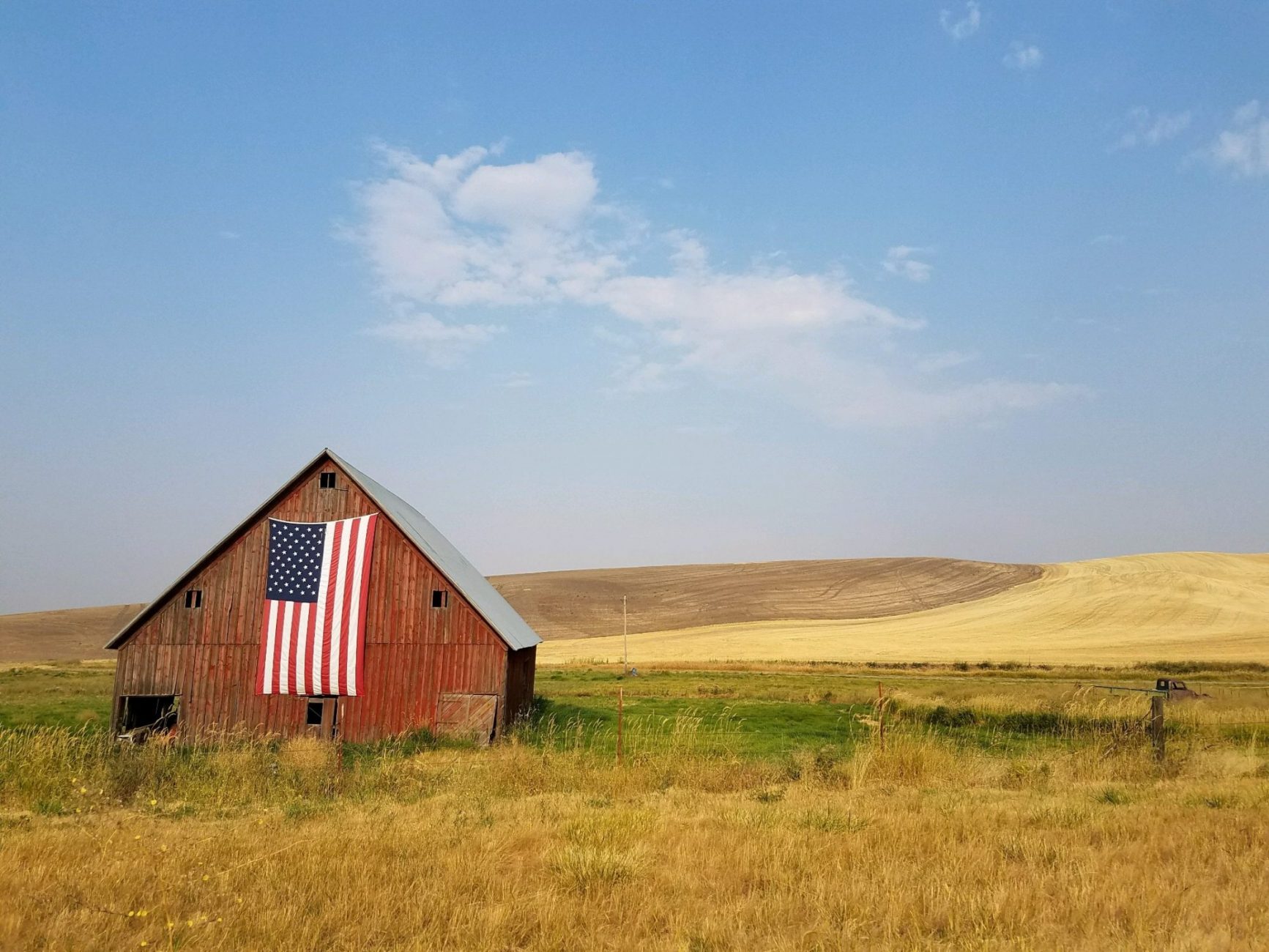America is in the Heartland: Land Politics, Immigration, and Rural Asian America, 1860-1950
Donna Anderson
History
UC Santa Barbara
My dissertation sees the American heartland as an Asian American entity unified through experiences of exclusion. Inspired by Carlos Bulosan’s America is in the Heart (1947), I interrogate the relationship between land and Asian American belonging in the context of US continental and imperial expansion. My project centers spaces traditionally referred to as the Midwest to demonstrate how the Midwest as a symbolic heartland operates as a pacifier of difference which leaves its residents to occupy a literal and figurative in-between space; a process I describe as operative invisibility. Operative invisibility contends with US empire- and state-building in dominantly rural spaces and demonstrates the intersectional factors that allow Midwestern and Asian American histories to remain obscured in dominant US history discourse. This concept is central to the first two chapters, which detail the emergence of Midwestern politics and development of exclusionary land policy. Further, I interpret the Midwest as refuge, in the way that Asian settlers resided there for protection from perceived “external” threats. As seen in the remaining two chapters, this framing allows the engagement of multiple “midwests,” both at home and abroad, to examine how promoting insularity impacted Asian American collegiate students in the early twentieth century.

